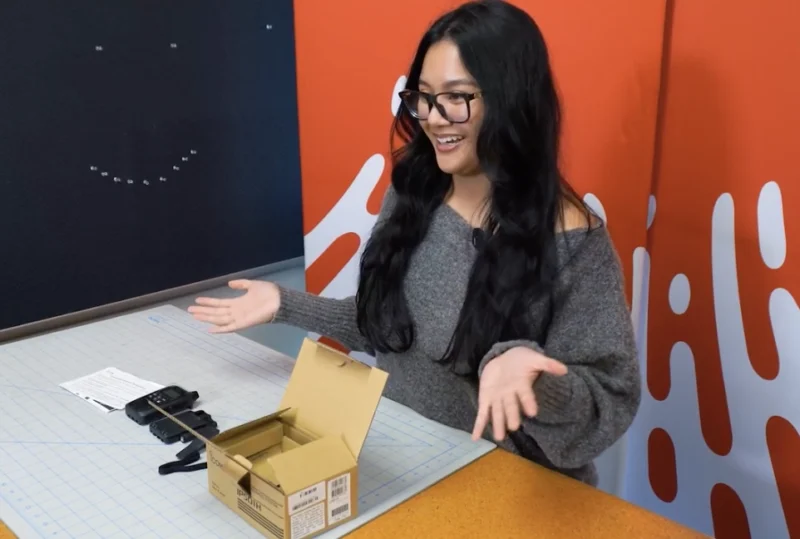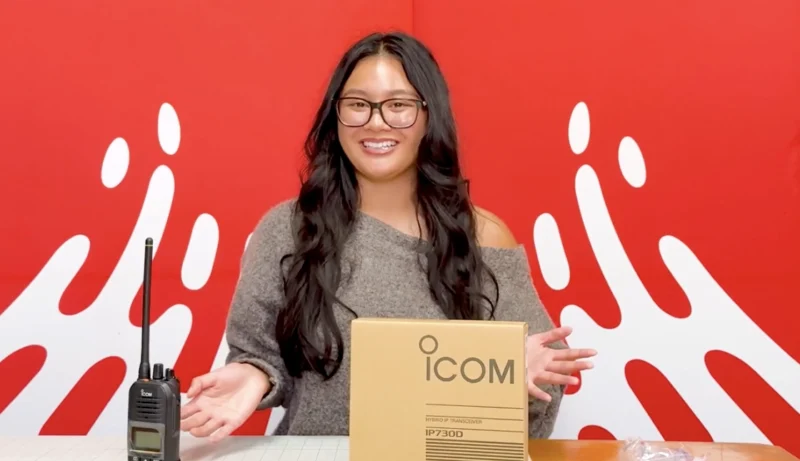How Aurora Has Been Insulated from the Worst of the Chip Shortage
In this “Cutting Through” soundbite, Paul Harris explores the strategic choices made by Aurora to address the ongoing chip shortage. With a commitment to collaboration and a willingness to beta and even alpha test semiconductor manufacturers’ products, Aurora gains a unique advantage by being involved from the very beginning. This approach allows them to develop products at an early stage, providing a competitive edge in the industry.
The core question we address in this conversation is: How has Aurora successfully navigated the chip shortage and leveraged its position to drive innovation? By engaging with semiconductor companies as team players, Aurora fosters strong partnerships, contributes significantly to the industry, and benefits not only themselves but also those who eventually use the semiconductors.
In this episode, Paul Harris dives into three key points:
- The strategic advantage of being an early-stage developer: Aurora’s close collaboration with semiconductor manufacturers allows them to influence product development and incorporate unique features, such as their transceiver technology.
- The power consumption advantage of using the A6 chip: Compared to Field Programmable Gate Arrays (FPGAs), the A6 chip offers significantly better power consumption, enabling Aurora to design smaller form factors and eliminate the need for fans.
- Easier chip availability and mitigating the impact of shortages: While the FPGA market faces supply challenges, Aurora’s utilization of the A6 chip provides more accessible options, offering stability and reliability in their designs.
Guest Bio:
Paul Harris is an expert in the semiconductor industry with extensive experience in strategic collaborations and innovative product development. His insights and contributions have played a crucial role in Aurora’s success.




